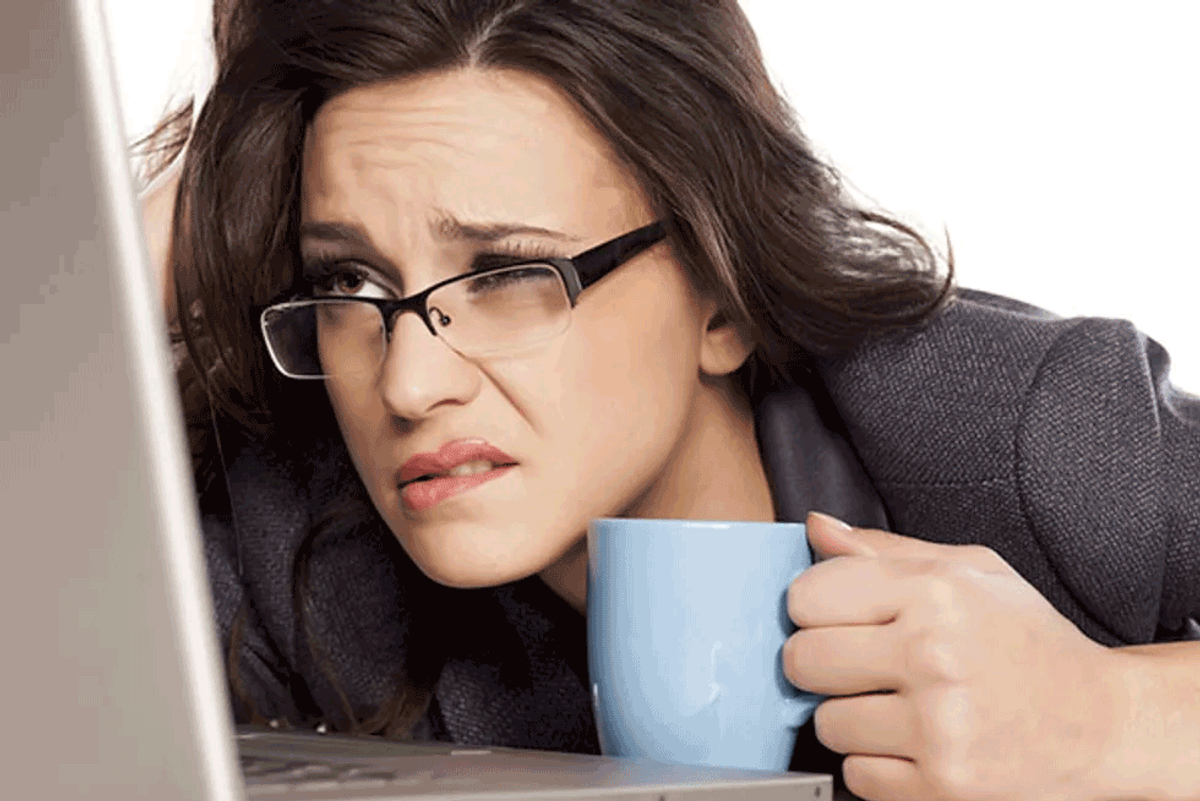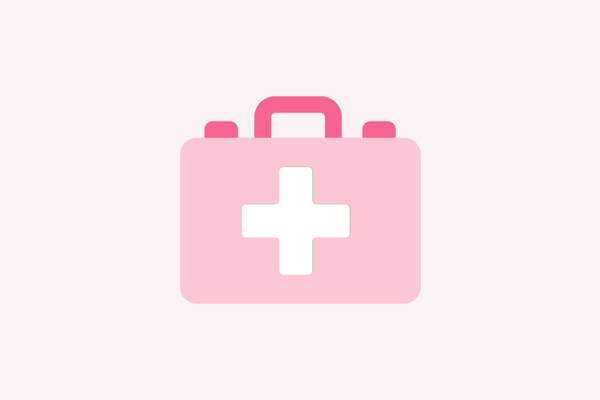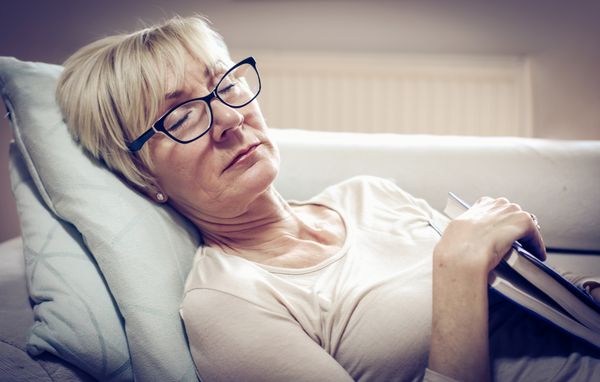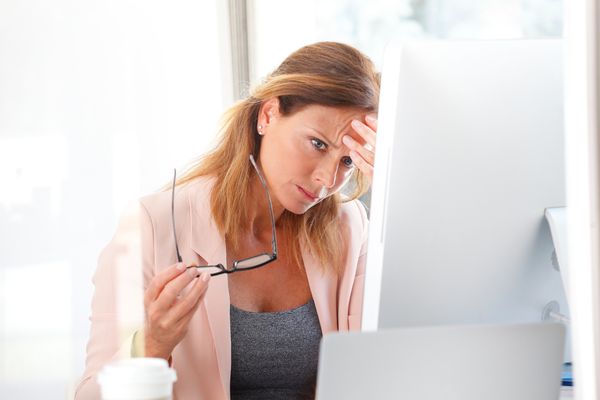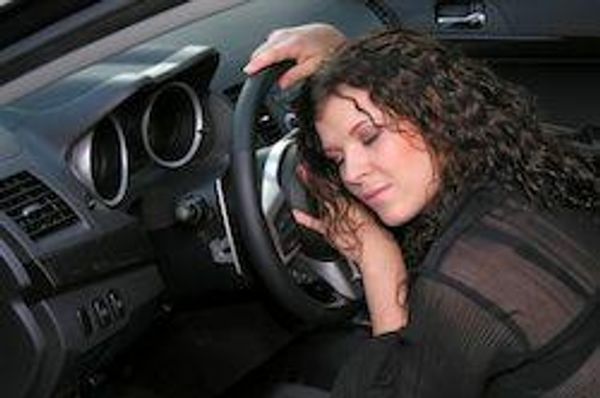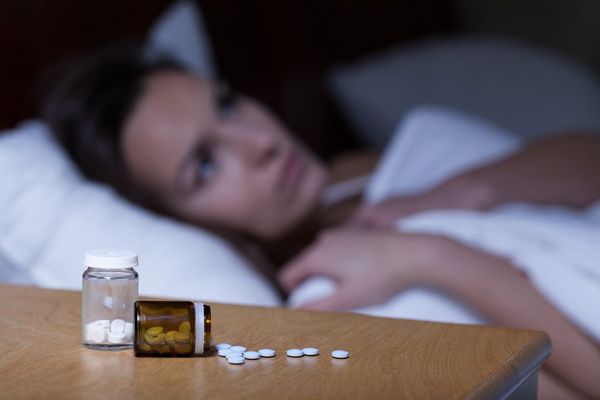Take a hefty dose of tossing and turning in bed some nights and add in a generous heap of too few hours of sleep.
That's a sure-fire recipe for one tired person.
But sleep is not the only culprit behind that frustrating feeling of fatigue. There are other things that you may not even realize you're doing—or not doing, for that matter—that can sap your oomph and make it challenging to put one foot in front of the other.
One in every five Americans feels fatigue severe enough to interfere with their daily lives, according to the National Institutes of Health. Ask yourself these questions the next time you dream of having more energy:
Am I exercising enough?
Sure, it seems counterintuitive: How can you exercise if you're feeling so tired? But exercise reaps benefits when it comes to energy. A University of Georgia study found that when inactive adults began low-to-moderate aerobic exercise three days a week for just 20 minutes, they actually felt less fatigued after six weeks. Exercise enhances blood flow that carries oxygen and nutrients to muscle tissue, thus enhancing its ability to churn out more energy. Short on time? Even briefer bouts of exercise that get your heart pumping can be beneficial, experts report.
Am I drinking enough?
Even if you're sitting still and not exercising, your body still needs water to function at its best. Since about 50 percent to 60 percent of your body weight is comprised of water—which you are continually losing through urine, sweat and just plain breathing—you need to replenish it. Fatigue can be a sign of dehydration. Studies have found that even mild dehydration can affect your energy level. Older people are particularly susceptible to becoming dehydrated for a number of reasons: their sense of thirst is less acute and their bodies can't conserve water as well and are less able to respond to changes in temperature.
Am I drinking too much?
Alcohol has a sedative effect, robbing you of energy and making you feel lethargic or drowsy. And, if you think that sedative effect will help you in the sleep department, it's time to reconsider. Several hours after your nightcap, the level of epinephrine rises in your body. Epinephrine is a stress hormone that causes an increase in heart rate; as a result, your sleep will be interrupted throughout the night.
Am I stressed?
Sure, some stress can give you an energy boost but too much can be draining. Stress and worry take up a lot of energy and are two common culprits responsible for stealing your energy stores. Other psychological conditions, like grief and depression, can also sap your energy.
Am I taking medications?
Certain drugs and medications, like antidepressants, steroids, antihistamines, antihypertensives, and even statins, can cause fatigue. So can withdrawing from a medication.
Am I in pain?
Chronic pain disrupts sleep. It's not unusual for people who suffer with it to wake up tired, even though they've slept for a long time. And it's draining to endure and fight pain throughout the day and night.
Do I have certain health conditions?
The list is long—fibromyalgia, sleep apnea, restless leg syndrome, anemia, heart disease, cancer, chronic fatigue syndrome, acute liver failure, hyperthyroidism (overactive thyroid), hypothyroidism, obesity and diabetes are among some medical complaints that can cause fatigue.
Read More:
Sleep Disorders
Could You Have Obstructive Sleep Apnea?
Is Menopause Playing Havoc With Your Sleep?
